From the 7th of January 2024 to the end of the pre-Hajj visit, the Chairman of the National Hajj Commission of Nigeria (NAHCON) Malam Jalal Ahmad Arabi led his team in making preparatory arrangements for the 2024 Hajj with a focus on cost reduction on services to be rendered to pilgrims from Nigeria.
For over 10 days, the team shut down their normal lives, working late into the wee hours of the night while new tasks heralded their mornings. The end was a monumental success.
The visit was carried out jointly with State Pilgrims’ Boards Executive Secretaries or Chairmen as the case may be, as well as members of Private Tour Operators.
As a preamble to all organized meetings, whether with Service Providers in Makkah and Madinah or Nigeria’s stakeholders present in the Kingdom for the visit, the NAHCON Chairman solicited mutual concession for reduced cost of services to be rendered to pilgrims. He built his plea for the price adjustment on global economic realities affecting intending pilgrims from Nigeria in the aftermath of the COVID-19 meltdown and the war in Europe.
Resultant of the Chairman’s taming culture was a significant cut on negotiable services in Makkah, Madinah and Masha’ir in the interest of Nigerian intending pilgrims struggling to balance their Hajj deposits.
Reductions were attained in the cost of airfare accommodation and masha’ir packages. For instance, the cost of accommodation in Madinah dropped from SR 2,080 (Saudi Riyals) in 2023 to SR 1,665 this year. Similarly, the cost of accommodation in Makkah was realized at SR 3000 against SR 3,500 in the previous year. Pilgrims of the 2024 Hajj will pay SR 4,770 for the Masha’ir package (VAT inclusive) against SR 5,393 paid by last year’s pilgrims. For airfare, the Commission was able to beat down the cost with a $138 discount from what was paid last year.
To crown the well-coordinated visit, the Commission was recognized with an award by the 2024 Hajj and Umrah Conference and Exhibition Organizing Committee.
Rising from today’s (31st January 2024) meeting with State Pilgrims’ Welfare Boards’ Executive Secretaries and Chairmen, Malam Jalal Ahmad Arabi commended them for the cooperation his leadership enjoyed during the visit. He updated the gathering on the outcome of meetings with Mu’assasa and the plans on the ground for the coming Hajj.
The Chairman promised the members transparency and inclusiveness on every matter concerning the forthcoming Hajj.
It is noteworthy that within the period of the inspection, a total of 61 high-rise hotel buildings were inspected in Makkah and 31 in Madinah making in total of 92. Staff on the assignment verified the years of each building’s existence with a preference for those with 1-10 years after construction.
The building’s maintenance status and building location at the Grand Mosque, Haram were measured, where the standard was set from two kilometres down. Other inspection indices were accessibility by bus, ease of movement on sacred days through Tradudiyya routes and available fire precautionary measures plus firefighting equipment installed in the building. NAHCON also inspected and determined other essential facilities in the buildings.
These facilities include na number of bed spaces in each building, type of rooms and comfortability of beds, number of emergency exits, available staircases, and number of elevators in the building, with their cumulative loads estimated at 30 per round. The number of elevators was crucial considering wait time during rush periods.
The approved number of toilets per room was set at a ratio of five persons per toilet. The Commission ensured that selected buildings have amenities for physically challenged persons, refrigerators, double-door wardrobes, availability of first aid boxes, water dispensers, and functional air conditioners; intercom and internet/wifi are added advantages for higher
scores.
For catering services, 12 kitchens were inspected in Makkah while in Madinah 14 facilities were inspected. For the kitchens, the Commission looked at minimum cooking capacity from 2000 pilgrims and above, years of experience cooking for pilgrims, and types of cooking pots and stoves whether industrial or traditional.
NAHCON requested evidence of partnership with a Nigerian caterer as an added advantage, several chefs, and delivery vans from a minimum of three while the working area in the kitchen spaces was also assessed.
Usara is Assistant Director, Public Affairs, NAHCON



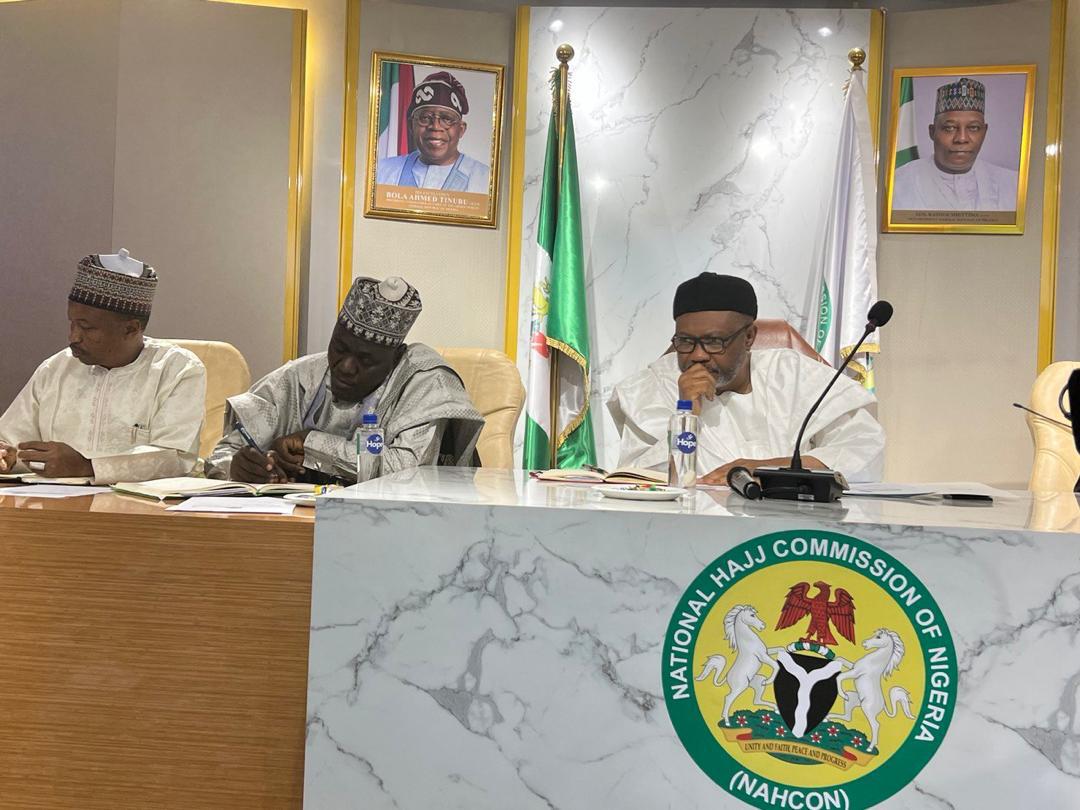
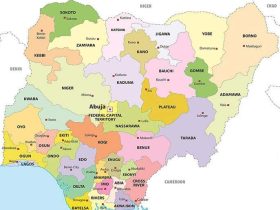



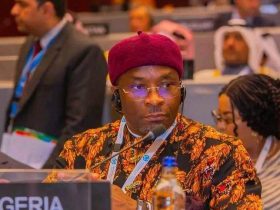
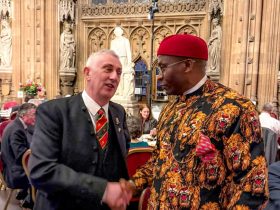
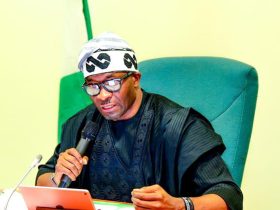

Leave a Reply